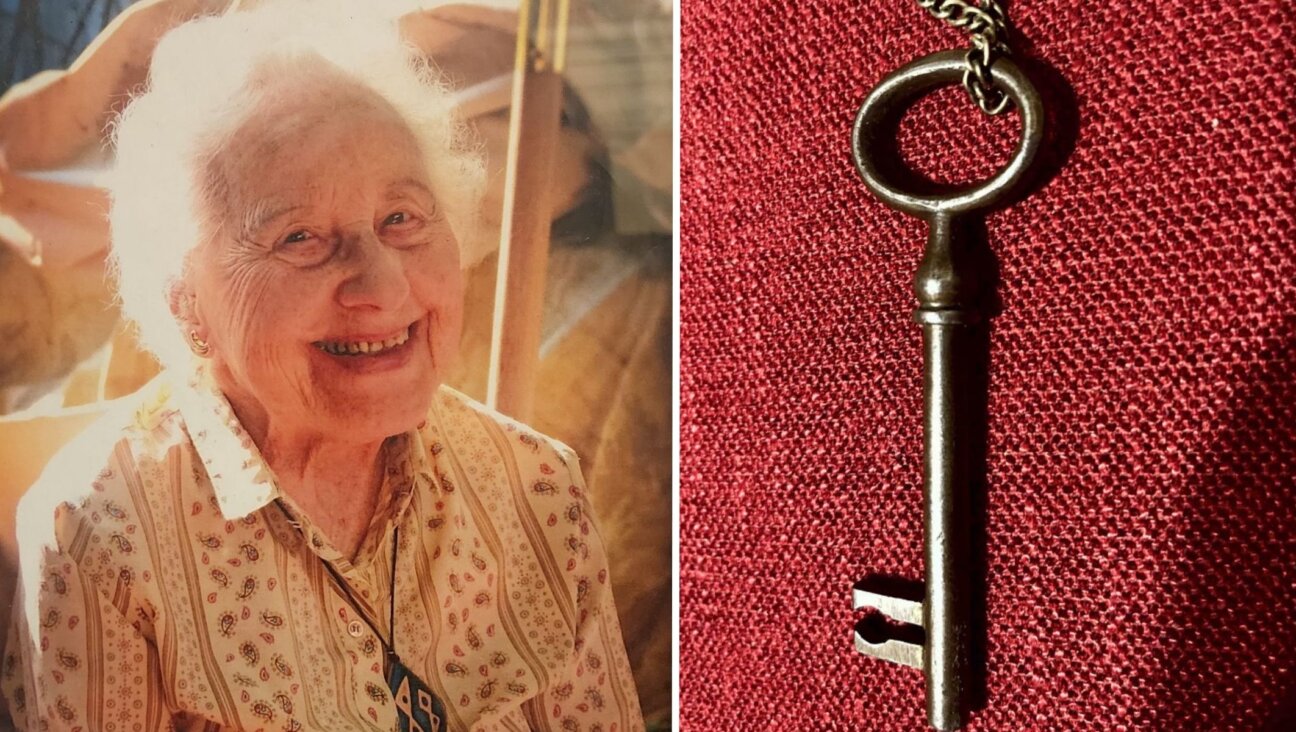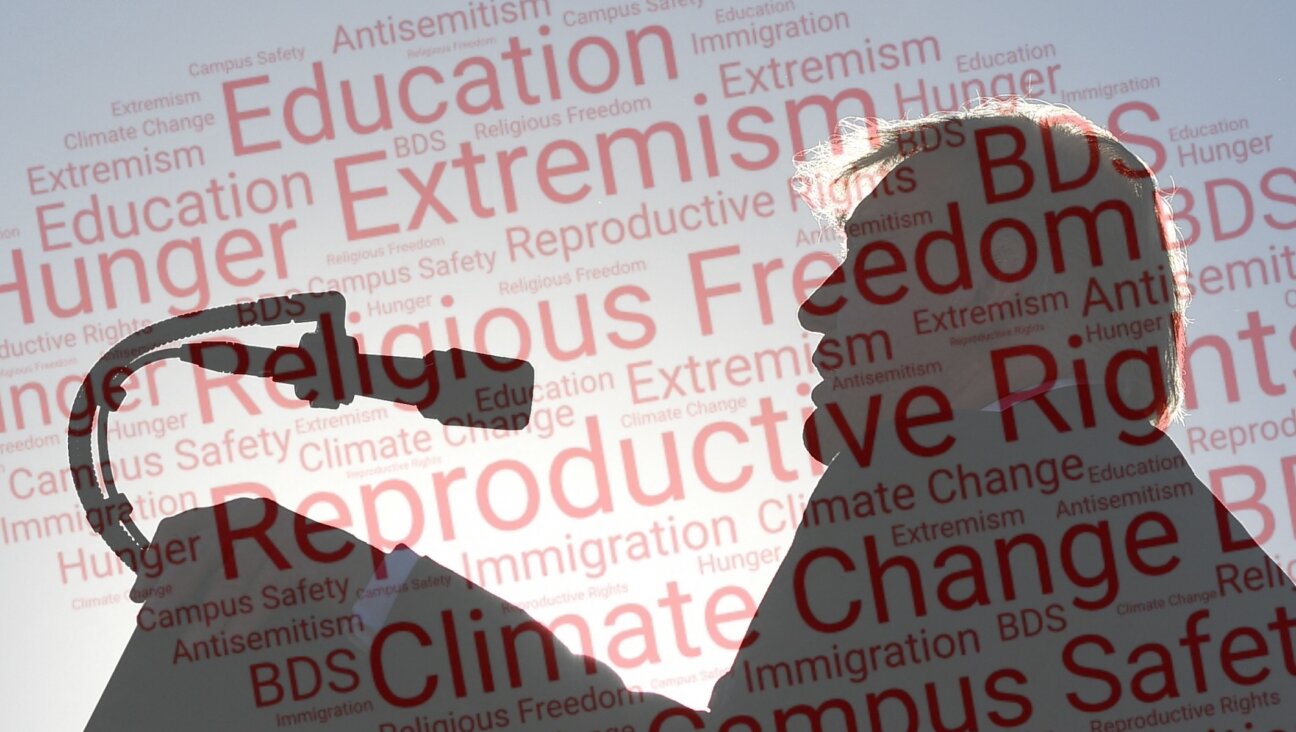John Kerry Opens Door To Extending Peace Talks
Secretary of State John Kerry acknowledged on Wednesday he hopes at best to get Israel and the Palestinians to agree on a “framework” for a peace agreement by April 29, but that a final deal could take another nine months or more.
Kerry brought the two sides back into negotiations on July 29 after a three-year gap and, at the time, said that “Our objective will be to achieve a final status agreement over the course of the next nine months.”
As that deadline has approached, U.S. officials appear to have scaled back their ambitions, saying they are trying to forge a “framework for negotiations” as a first step though they still hope to hammer out a full agreement by April 29.
“For months now, we’ve been saying we’re trying to get a framework. We have understood what we can get within this time period,” Kerry told reporters in what appeared to be his most explicit admission that a final agreement is not possible by April 29.
“We are trying to get the framework … If we have used these seven months thus far to get an understanding of where the parties are and to be able to shape the final negotiation, then we get into the final negotiation,” Kerry added.
“So I don’t think anybody would worry if there’s another nine months, or whatever it’s going to be, to finish up but that’s not defined yet,” he said.
While U.S. officials have declined to say what might go into such a framework, it appears likely to be a sort of outline of possible outcomes on the core issues of borders, security, the fate of Palestinian refugees and the status of Jerusalem.
Kerry, who met Palestinian President Mahmoud Abbas in Paris last week, declined to offer an assessment of where the talks are.
“I wouldn’t be pursuing it if I didn’t think it was worthwhile,” he said. “I hope we are not wasting our time,” he said.
“I hope very much that we are able to get both parties to do what is necessary to enter the most critical stage of this, which is the final phase, the final status negotiation … around a framework which is clear and defined.”
A message from our CEO & publisher Rachel Fishman Feddersen

I hope you appreciated this article. Before you go, I’d like to ask you to please support the Forward’s award-winning, nonprofit journalism during this critical time.
At a time when other newsrooms are closing or cutting back, the Forward has removed its paywall and invested additional resources to report on the ground from Israel and around the U.S. on the impact of the war, rising antisemitism and polarized discourse.
Readers like you make it all possible. Support our work by becoming a Forward Member and connect with our journalism and your community.
— Rachel Fishman Feddersen, Publisher and CEO























